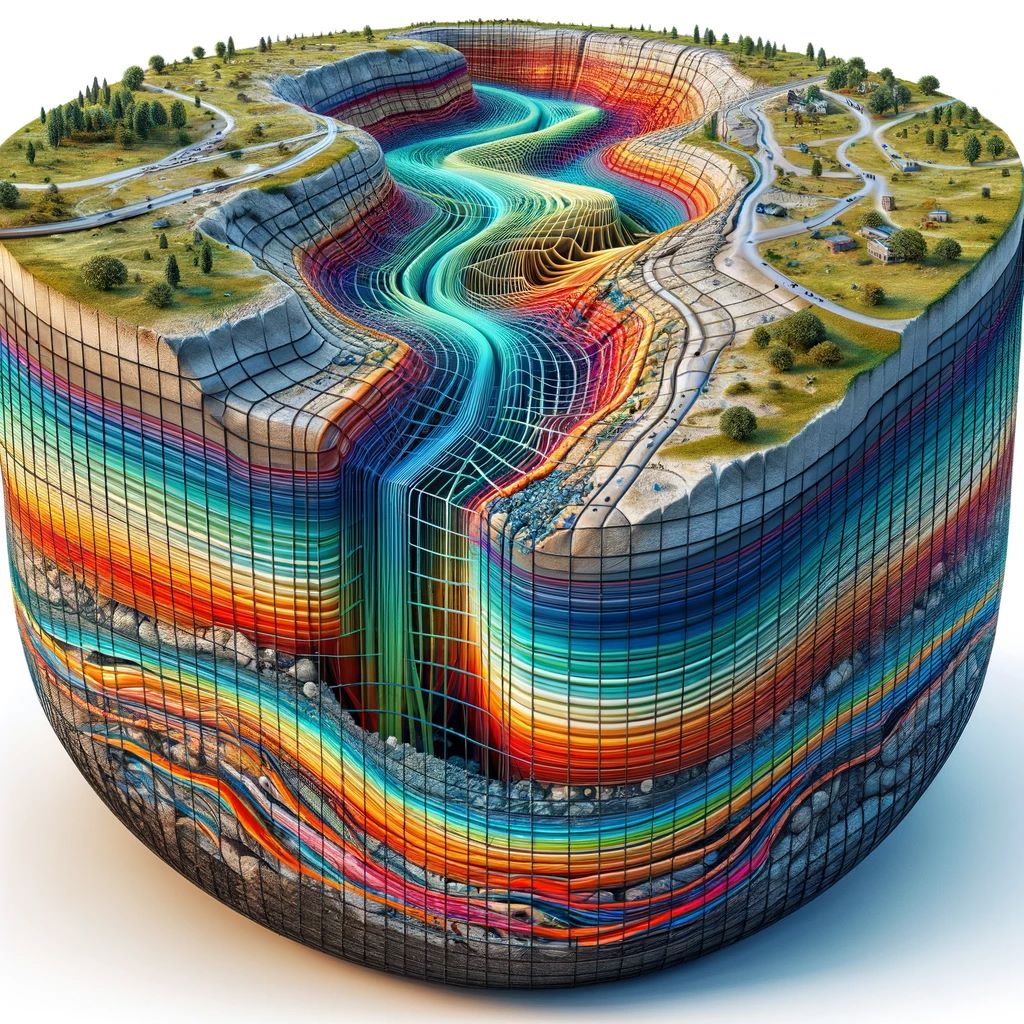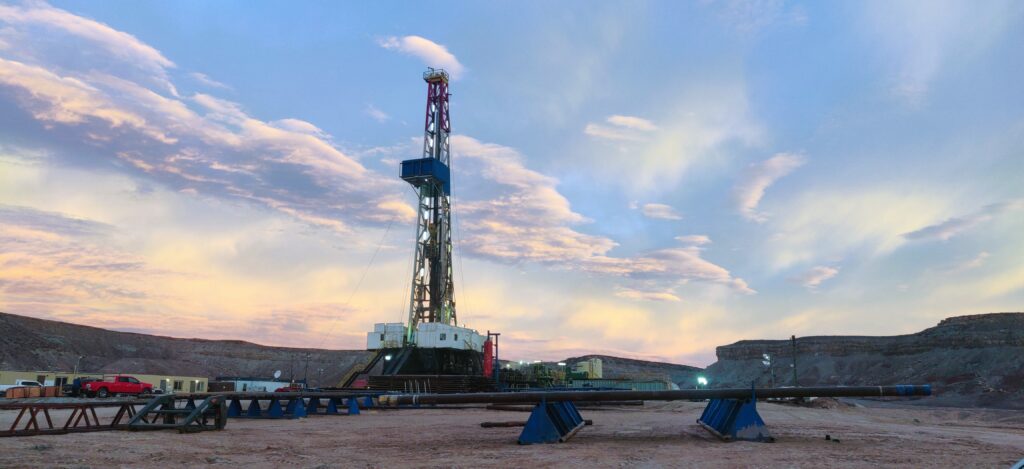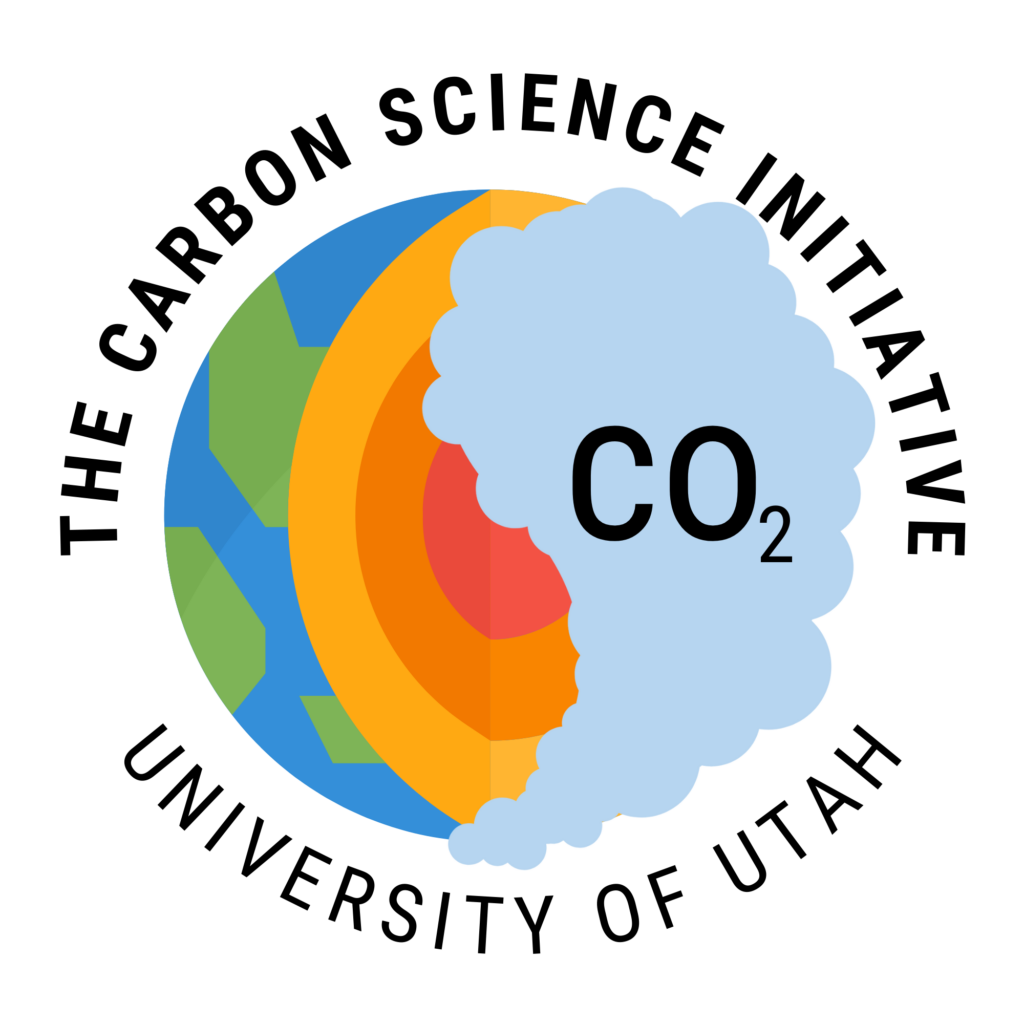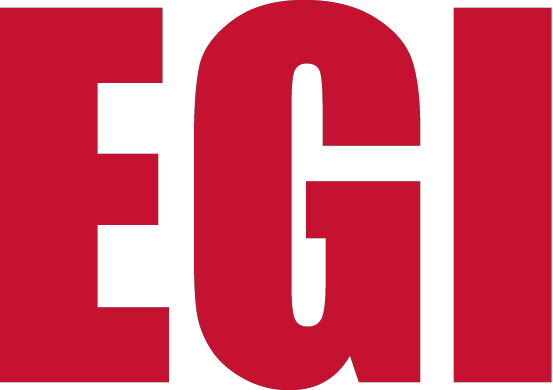Introduction to GeoEnergy Geomechanics
The proposed GeoEnergy Geomechanics course, aligned with the growing global energy demand and the shift towards a net-zero emission economy, is designed for engineers and geoscientists from both industry and academia. It focuses on understanding and managing geomechanical processes critical in geoenergy environments, encompassing areas like subsurface carbon storage, enhanced geothermal field development, and pumped storage hydropower. This course, pertinent to the Department of Civil and Environmental Engineering’s strategic objectives, aims to enhance students’ knowledge in geoenergy projects’ subsurface integrity management and develop mathematical, geophysical, and leadership skills necessary for addressing geomechanical challenges and environmental impacts associated with subsurface energy projects. Targeting students from the College of Engineering and the College of Mines and Earth Sciences, it prepares them for pivotal roles in the geoenergy industry through project-based learning and solutionist skill development.
Field Methods in Subsurface Hydrology
This hydrology course offers an in-depth exploration of field data collection and interpretation methods, focusing on the unsaturated zone and groundwater. It combines theoretical lectures on drilling operations, well design, and hydrological testing with practical field trips, including hands-on experience in drilling, well installation, and sampling for soil, groundwater, and gases. Students will learn to design, supervise, and interpret the results of hydrological tests, gaining essential skills for subsurface characterization. This course requires full attendance in field trips and active engagement in lectures and exercises, culminating in a final project. It is ideal for students in hydrology and environmental science, merging practical field skills with theoretical knowledge.

Drilling Operation 1
This course provides an introduction to drilling techniques and engineering, covering a wide range of topics essential for understanding and executing drilling operations. It includes rig and string design, bit selection, drilling hydraulics, fluid systems, and casing design. The course also delves into pressure identification, horizontal drilling techniques, basic well control principles, and environmental precautions. Additionally, students will learn about budgeting for drilling projects, the physics of flow in porous media, and the various types of equipment used. A significant focus is placed on understanding the processes, procedures, and environmental aspects associated with drilling and completion operations.



